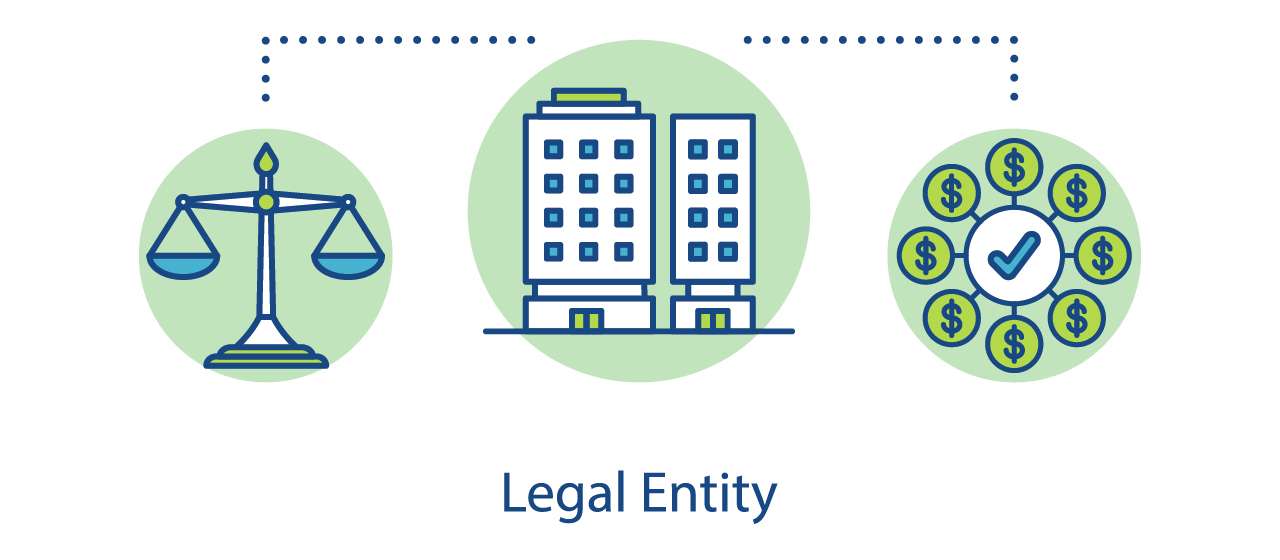Understanding the Differences Between UK and US Capital Gains Tax Calculations
Muhammad Zeeshan
May 8, 2025
Navigating tax reporting as a US citizen in the UK can be challenging due to fundamental differences in tax periods, currency considerations, and capital gains methodologies. While US taxpayers may be familiar with using Form 1099 for their US tax returns, this approach is not directly applicable to UK tax filings. Below, we outline the key reasons why UK tax reporting differs from the US and the implications for those managing cross-border tax obligations.
Mismatch in Reporting Periods
One of the most significant differences between UK and US tax reporting is the tax year itself:
- The US tax year follows the calendar year, running from January 1 to December 31.
- The UK tax year runs from April 6 to April 5 of the following year.
Because of this misalignment, income and gains must be recomputed based on the UK tax year rather than relying on the figures reported on a US 1099 form. This adjustment ensures that all taxable income and gains are correctly allocated to the UK tax year, rather than the calendar year structure used in the US.
Currency Exchange Rate Considerations
Another critical factor is the difference in currency:
- US tax reporting is done in US dollars (USD).
- UK tax reporting is done in British pounds (GBP).
For UK tax purposes, all income and gains must be converted into GBP using daily spot exchange rates applicable on the date income is received, a security is purchased, or a security is disposed of. Exchange rate fluctuations can significantly affect taxable gains, as appreciation or depreciation of the GBP against the USD alters the final taxable amounts. This is particularly relevant for individuals managing investment portfolios, where gains calculated in USD may not directly translate to GBP under UK reporting rules.

Capital Gains Calculation Methodology
The UK and US also differ in how they calculate capital gains:
- The US follows the FIFO (First In, First Out) method, meaning that when selling a security, the earliest purchased shares are assumed to be sold first.
- The UK follows the Average Cost Basis method (also known as “Section 104”), which requires an individual to maintain an average cost pool for each security held.
This difference means that the cost basis shown on a 1099 form does not align with what is needed for UK capital gains tax purposes. Each stock disposal requires reviewing the history of purchases and sales to determine the average cost per share.
For individuals newly arrived in the UK, this presents an additional layer of complexity, as the cost pools for all securities must be established from the time of UK tax residency.
This issue is even more relevant when dealing with Living Trusts, where historical cost basis calculations may need to go as far back as the trust inception to accurately determine gains. This expanded scope adds further intricacies to tax compliance for those managing trust-held investments.

The Risks of Incorrect Calculations
Failing to correctly perform these calculations can result in a significant underpayment of tax to HMRC. If underreported income or gains are later discovered during a tax enquiry, individuals could face substantial penalties and interest charges on the unpaid tax. Given the complexity involved in recalculating income, gains, and currency conversions, ensuring accuracy is essential to avoid unexpected tax liabilities and compliance risks.
Conclusion
While Form 1099 is a standard document for US tax reporting, its direct application in UK tax reporting is not feasible due to differences in reporting periods, currency exchange considerations, and capital gains methodologies. Ensuring compliance with UK tax rules requires careful recalculations and adjustments to accurately reflect taxable income and gains within the UK tax framework.
For individuals transitioning between the US and UK tax systems, working with a tax professional experienced in cross-border taxation can help navigate these complexities and ensure accurate reporting, ultimately avoiding costly penalties from HMRC.
Complex Cross-Border Tax Rules? We’re Here to Help
Have Any Question?
Consult Our Expert Tax Consultants for your Cross-Border Taxes!
- +44 (0)2034354425
- info@harrisonswift.com
Categories
Our Blog
Latest Blog & Articles
The New “Digital Nomad”: Working Across Borders and the US/UK Tax Traps
The New “Digital Nomad”: Working Across Borders and the US/UK Tax Traps Muhammad Zeeshan June 11, 2025 Tax In...
Setting Up a UK Business as a US Person: Legal Entity Pitfalls
Setting Up a UK Business as a US Person: Legal Entity Pitfalls Muhammad Zeeshan June 11, 2025 Tax For...
Phantom Gains: When FX Movements Create Unexpected Tax Bills
Phantom Gains: When FX Movements Create Unexpected Tax Bills Muhammad Zeeshan June 11, 2025 Tax For many US/UK taxpayers,...



